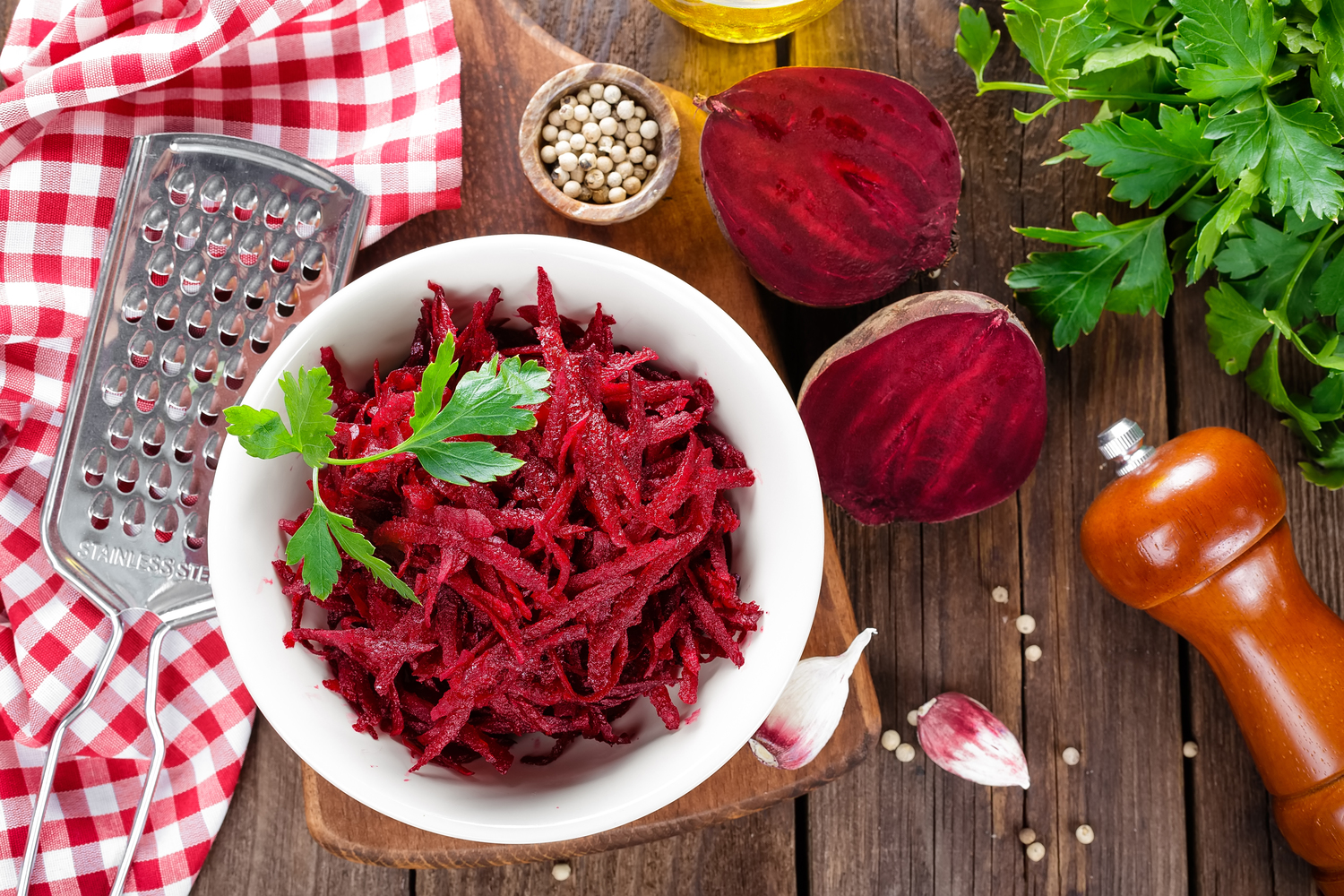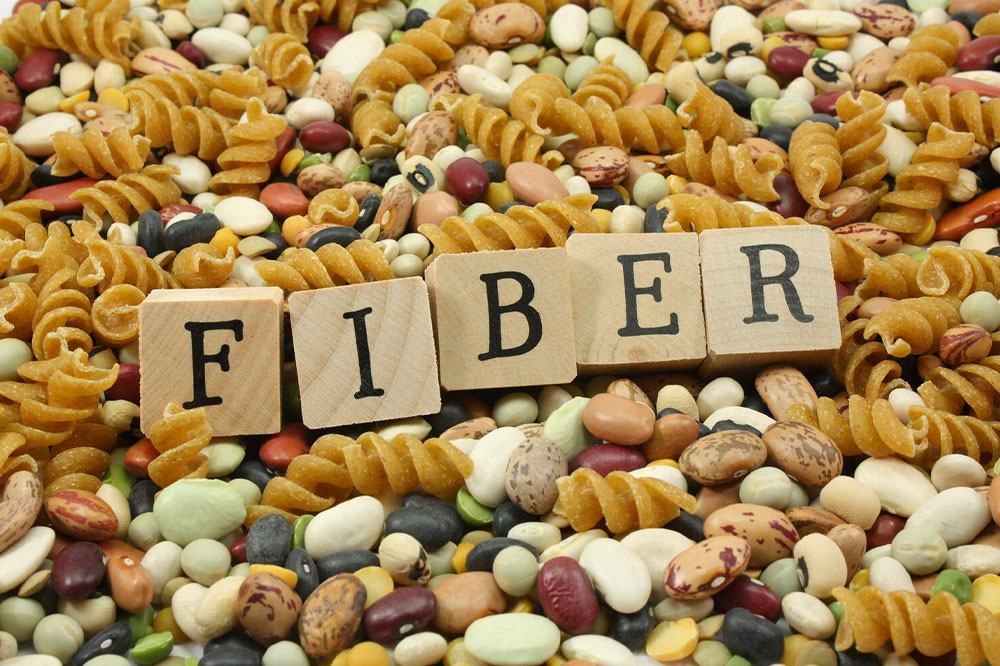Comprehensive Nutrition Strategies to Support Gut Health in Melanoma Patients
This comprehensive article explores essential nutrition tips for melanoma patients, emphasizing the importance of supporting gut health through high-fiber foods. It details dietary strategies, including fruits, vegetables, legumes, and whole grains, to boost immune response and enhance treatment efficacy. The article highlights the role of a balanced diet in improving patient outcomes, offering practical advice for incorporating gut-friendly foods into daily routines during melanoma management.

Effective Dietary Approaches to Enhance Gut Wellness in Melanoma Treatment
Melanoma, one of the most dangerous and prevalent types of skin cancer, demands a multifaceted approach to treatment. Depending on the stage of the disease, treatment options vary widely and may include surgical removal, immunotherapy, targeted medication, radiation therapy, and chemotherapy. While these medical interventions are critical for managing the disease, emerging research underscores the importance of supportive lifestyle factors—particularly diet—in improving treatment response and overall health outcomes. Among these, maintaining a nutritious and balanced diet that promotes gut health has gained increasing attention among healthcare professionals and patients alike.
The human gut microbiome—comprising billions of bacteria, viruses, fungi, and other microorganisms—plays a crucial role in modulating immune responses and overall health. A healthy gut microbiota can enhance immune surveillance against tumors, improve the body's ability to tolerate and respond to treatments, and reduce adverse side effects. Specifically, diets high in dietary fiber have been shown to support the diversity and resilience of gut microbiota, which is especially beneficial for melanoma patients undergoing intensive therapies.
In addition, a focus on gut health is essential because irregularities or imbalances in intestinal microbes—termed dysbiosis—can undermine immune function and potentially reduce the effectiveness of treatments like immunotherapy. Consequently, dietary strategies aimed at boosting microbial diversity and function are a critical component of comprehensive melanoma care. While probiotics, which involve adding beneficial bacteria to the gut, are popular, they do not always increase microbial diversity and can sometimes have unintended effects. Therefore, natural, food-based approaches—such as consuming a variety of fruits, vegetables, legumes, and nuts—are generally recommended to support a thriving gut microbiome.
Practicing mindful eating and selecting nutrient-dense foods can make a significant difference in a patient’s recovery and response to treatments. A diet enriched with fiber and other essential nutrients helps create an environment conducive to beneficial microbial growth, which in turn enhances immune function and supports the body's ability to fight cancer cells. Here are some detailed strategies and healthy dietary choices that melanoma patients can incorporate into their daily routines to optimize gut health and boost their treatment outcomes.
Begin your morning with a serving of fiber-rich fruits such as blueberries, strawberries, raspberries, and blackberries. These berries are packed with antioxidants and dietary fiber, which help stimulate healthy gut bacteria and improve digestion.
Prioritize whole, minimally processed foods over packaged or ready-to-eat options to maximize nutrient intake. Carry fresh fruit and crunchy vegetables like carrots, celery, or bell peppers for healthy snacks throughout the day.
Replace sugary desserts and processed snacks with fiber-dense alternatives such as bananas, sweet potatoes, or raspberries. These not only satisfy sweet cravings but also promote gut health.
Consume whole fruits, including peels after proper washing, to get the maximum fiber content. Whole fruits generally contain more dietary fiber than fruit juices, which often lack fiber and contain added sugars.
Substitute fruit juices with smoothies or vegetable-based soups—broccoli, spinach, or bottle gourd juice are excellent options—providing fiber, vitamins, and antioxidants beneficial for immune support.
Incorporate legumes such as lentils, chickpeas, kidney beans, and peas regularly into meals. Legumes are a rich source of dietary fiber, plant-based protein, and micronutrients that support immune health and aid recovery.
Add a moderate amount of nuts like almonds, walnuts, pistachios, or seeds like pumpkin and sunflower seeds to your daily diet. These provide healthy fats, vitamins, minerals, and additional fiber.
Choose whole grains such as brown rice, barley, oats, and whole-wheat products instead of refined grains. Whole grains contribute significantly to daily fiber intake and help maintain good gut health.
While the primary focus should always be on medical treatment, optimizing gut health through diet provides a supportive avenue to improve treatment response and overall well-being in melanoma patients. People who adhere to high-fiber diets alongside their medical regimens often experience better outcomes, including improved immune response and fewer side effects. Additionally, dietary habits can be adapted based on individual needs and preferences, and consulting a registered dietitian can offer tailored guidance to maximize recovery and health.





